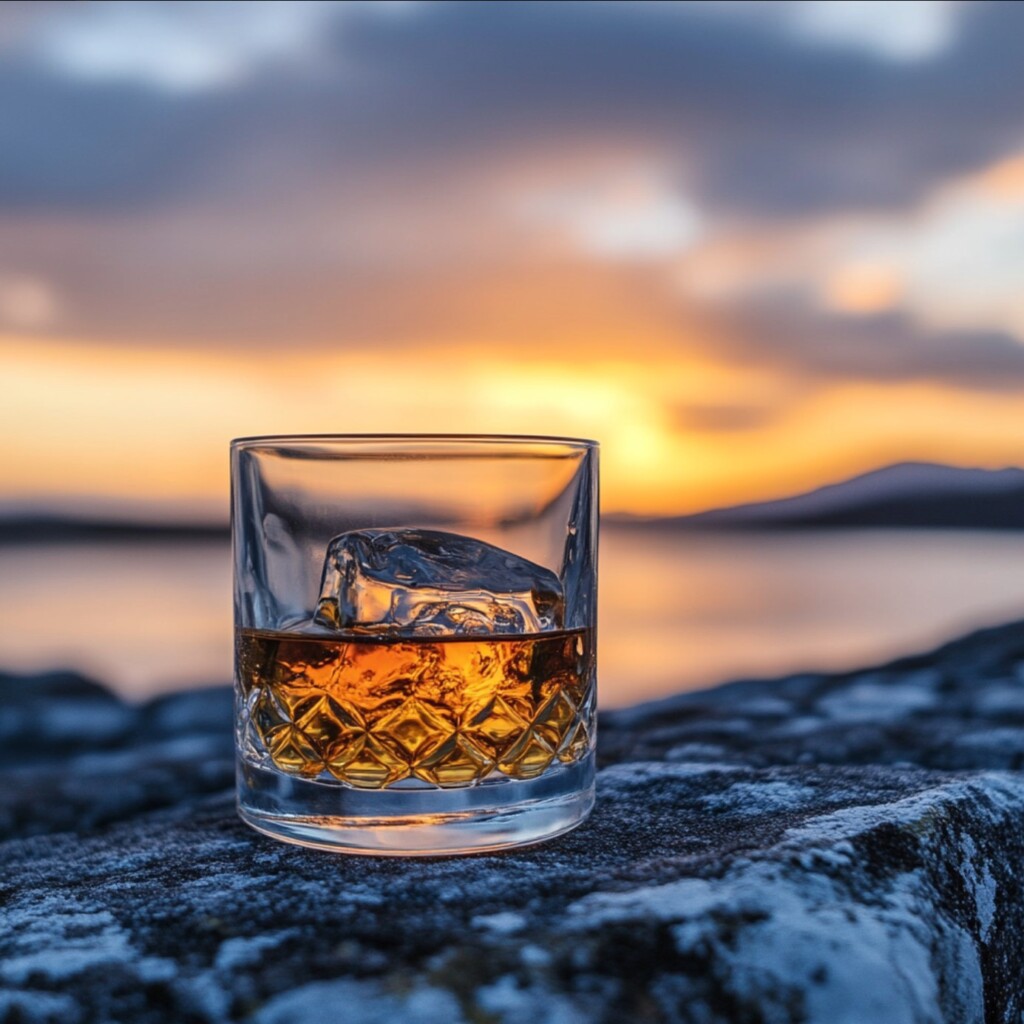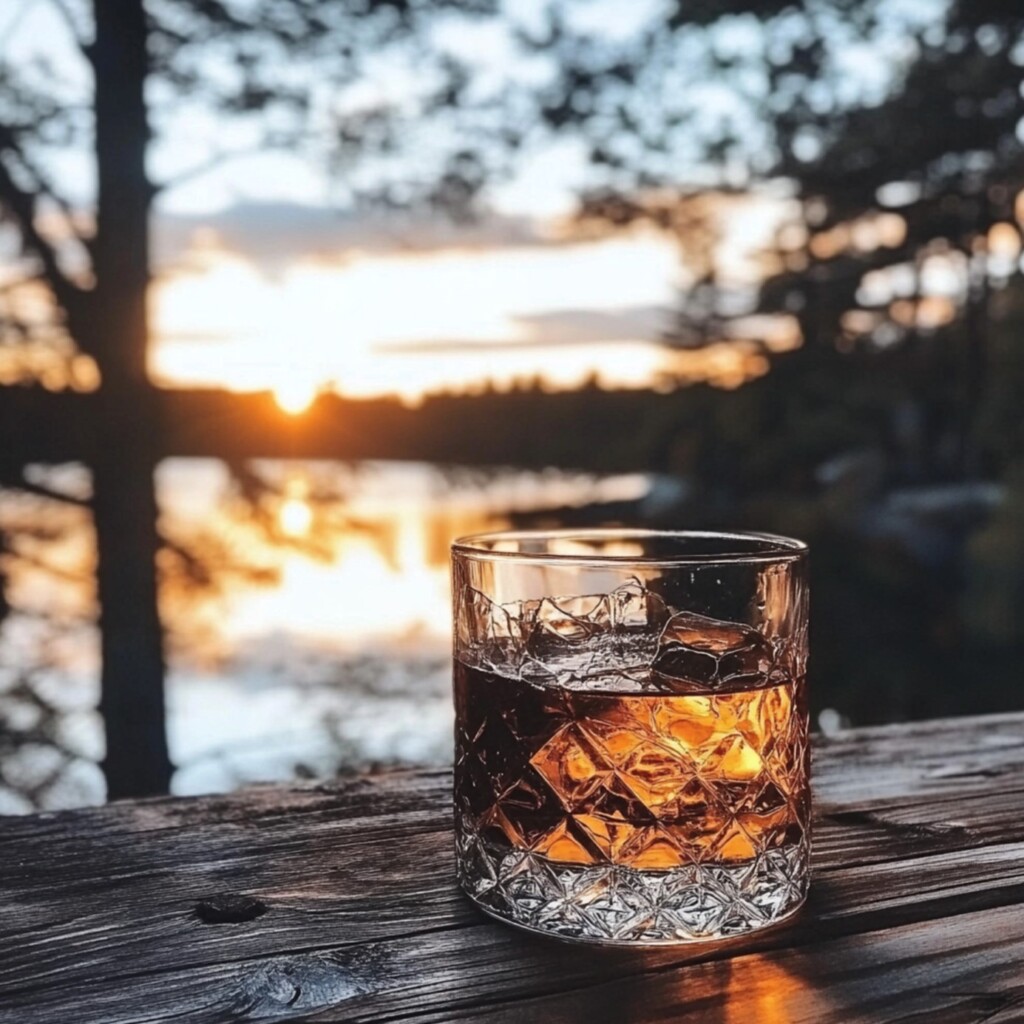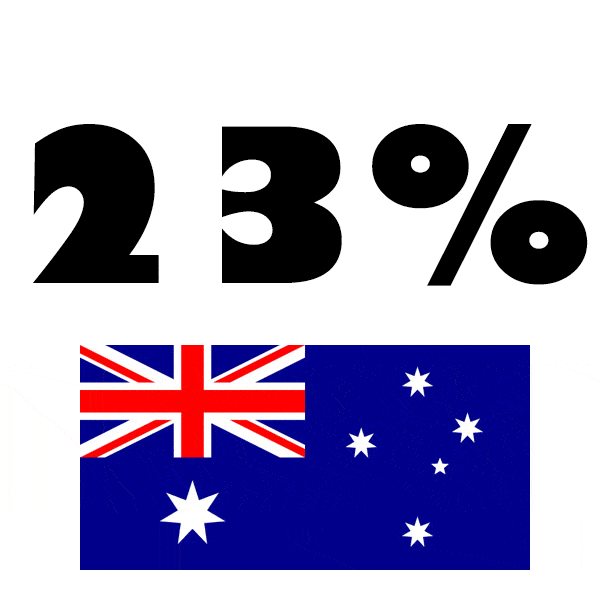
Whisky being reimagined
The Future of Luxury, Innovation, and Personalization
The whisky industry is undergoing a transformation, driven by a growing demand for premium experiences, bespoke blends, and boundary-pushing innovation. From Scotland to Canada, whisky producers are redefining tradition, catering to luxury consumers, and embracing new techniques that challenge conventional whisky-making norms.
Whisky as a Luxury Experience
Johnnie Walker, the iconic Scotch whisky brand under the Diageo umbrella, has raised the bar in the luxury spirits market with the launch of the Johnnie Walker Vault in Edinburgh. This ultra-exclusive experience offers personalized whisky blending, with packages starting at £50,000. Guests are treated to Michelin-star dining, a stay at the prestigious Gleneagles Hotel, and an intimate blending session led by Dr. Emma Walker, the brand’s master blender.
The essence of this offering lies in its customization. Dr. Walker crafts unique blends from a selection of 500 rare and aged whiskies, creating bespoke expressions tailored to each guest’s preferences.
The experience concludes with the presentation of a personalized blend in a handcrafted Baccarat crystal decanter, with each creation carefully archived in the Johnnie Walker Vault.
This move is a prime example of the ongoing ‘premiumization’ trend in whisky, where brands are focusing on exclusivity, rich heritage, and storytelling to captivate high-net-worth individuals.
Canada’s futur rise in the Whisky World
While Scotland continues to lead in luxury whisky experiences, Canada is emerging as a powerhouse of innovation in whisky production. The country’s top distilleries have been gaining global recognition, particularly in response to changing trade dynamics and growing domestic support for local brands.
The potential removal of U.S. alcohol from Canadian shelves could provide a significant boost to Canadian whisky in several key ways.
With American competitors like bourbon no longer available, Canadian whisky brands will face less competition in their domestic market, creating a prime opportunity for local distillers to capture consumer attention. Loyal whiskey drinkers may shift their preferences towards Canadian alternatives, helping to boost the sales of homegrown brands.
Bars and restaurants, now lacking a variety of American spirits, might increasingly turn to Canadian whisky to fill the void, further stimulating demand. This surge in interest could prompt Canadian distilleries to expand their production capacity and enhance their marketing strategies to capitalize on the growing market.
The situation could also open up new export opportunities for Canadian whisky, particularly to countries looking for alternatives to U.S. spirits. This global reach could elevate Canada’s presence in the international spirits market.
As the market dynamics shift, premiumization efforts within the Canadian whisky sector are likely to accelerate. Brands may capitalize on these changes by offering higher-end products to meet evolving consumer tastes. Local governments could also support the industry by promoting Canadian whisky, aligning with national interests amid ongoing trade tensions.
Additionally, some consumers might choose Canadian whisky as a patriotic response to U.S. tariffs, further fueling demand. In the event that trade disputes persist, U.S. distilleries could explore joint ventures with Canadian producers as a way to navigate the restrictions.
However, the long-term stability of the industry remains uncertain. Continued trade instability could disrupt supply chains and create challenges for all North American spirits, highlighting the delicate balance the industry must maintain.
Innovation and Experimentation
Canadian whisky makers are pushing the boundaries of traditional whisky-making. Anohka Distillery in Alberta is experimenting with high-tech yeast breeding and modern filtration systems while embracing old-school direct flame distillation to create unique flavors. Macaloney’s Island Distillery in British Columbia has mastered peat-smoking techniques to produce complex, award-winning single malts, rivaling some of Scotland’s finest.
Terroir-Driven Craftsmanship
Distilleries like Merridale Cidery & Distillery and GrainHenge Whisky emphasize local ingredients and environmental influences. Merridale’s Whisky Jack’s is shaped by Vancouver Island’s climate, while GrainHenge celebrates the Prairie terroir by using Alberta-grown grains and showcasing how geography impacts whisky flavor.
Unconventional Aging Techniques
Bearface, a Canadian distillery known for its ‘elemental aging’ process, ages whisky in repurposed shipping containers exposed to extreme seasonal temperatures. This innovative approach accelerates flavor development, creating complex profiles that challenge the traditional notion of barrel aging.
Where Whisky is Heading
The whisky industry’s future is marked by a blend of tradition and modernity. On one hand, Scotch whisky brands are doubling down on luxury and exclusivity, offering personalized experiences that cater to discerning collectors. On the other, Canadian distilleries are redefining what whisky can be, embracing technological advancements, local ingredients, and unconventional aging methods to create bold, distinctive spirits.
With consumers increasingly seeking both ultra-premium exclusivity and innovative expressions, whisky is evolving into an art form—one where craftsmanship, personal storytelling, and regional identity take center stage. Whether through bespoke Scotch blends or avant-garde Canadian creations, the whisky world is entering a golden era of creativity and sophistication.
Don’t drink and drive. Enjoy responsibly.
News
Stay tuned and discover all the news in the Spirits World for professionals and amateurs, by our Spirits Hunters’ experts.
See all posts in this category. Join the community on Reddit
Join the community on Reddit
Spirits Hunters is a community dedicated to spirits and the world of mixology. Feel free to talk about the world of mixology and bartending here!
Join







